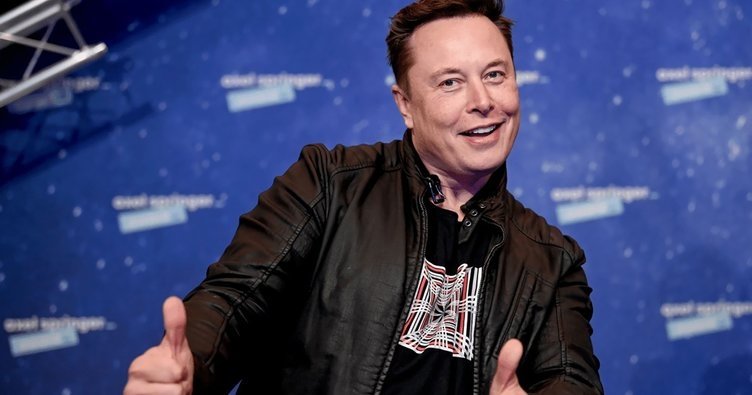
Elon Musk’s company, Neuralink, is developing implants that will allow people to communicate with machines just by thought.
According to Neuralink’s chief surgeon, Dr. Matthew MacDougall, the company’s first clinical studies with a small number of human patients would be directed at curing paralysis or paraplegia.
The neurotechnology company wants to create implants that can heal neurological problems and that might one day be strong enough to put mankind on an equal footing with future supercomputers.
“A Fitbit in your skull with tiny wires,” Musk said of Neuralink’s chip, which is around 23 millimeters (0.9 inch) in diameter.
People with severe spinal cord injuries will be the first to benefit from Neuralink’s technology, which will allow them to communicate, type, and move using their brain waves.
On Friday, the brain-chip firm published film that appeared to show a monkey playing a simple videogame after receiving the latest technological implants.
According to the video’s voiceover, Neuralink works by capturing and interpreting electrical impulses from the brain using over 2,000 electrodes placed in sections of the monkey’s motor cortex that control hand and arm motions.
Through firms like Tesla Inc, SpaceX, and Boring Co., Musk has a history of bringing together various expertise to build technology that was previously exclusive to university labs.
It’s not new to connect a brain to technology. Doctors use electrodes implanted in the brain to administer stimulation to patients suffering from Parkinson’s disease, epilepsy, or chronic pain. In trials, implanted sensors allowed paraplegic persons to control computers and manipulate robotic arms using brain waves.
However, Musk’s plan goes farther. Neuralink hopes to improve on present medical treatments and, in the future, focus on operations that might help with cognitive function.
Neuralink isn’t the only business focusing on brain-based artificial intelligence.
Bryan Johnson founded Kernel in 2016, after selling his previous payments business Braintree to PayPal for $800 million. Kernel is focused on “advanced brain interfaces” to treat sickness and expand cognition.
